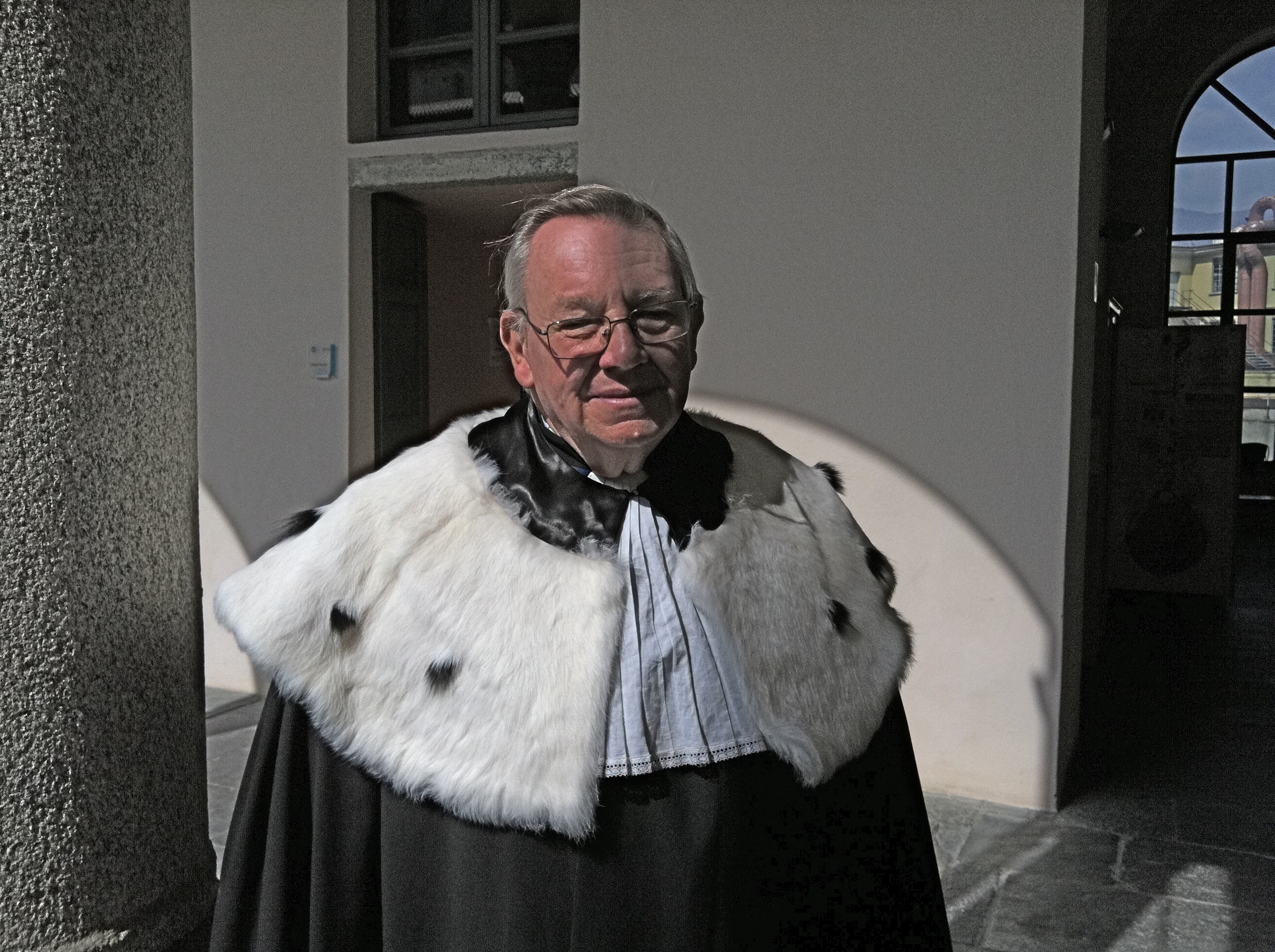Biography of Giorgio Conetti
Giorgio Conetti (Trieste, 1941) is professor emeritus of international law at Insubria in Como-Varese, formerly a full professor in the subject at the universities of Trieste and Milan. He is author of numerous publications in the fields of Public and Private International Law and European Community Law, especially on the topics of international rivers, protection of minorities, cross-border cooperation, international trade. Former Chairman of the Working Group for the Trieste Free Zone, consultant to the Ministry of Community Policies for the implementation of Integrated Mediterranean Programs, member of the Mission of the Conference for Security and Cooperation in Europe in the Czech and Slovak Republic in March 1993, and co-chairman, on the Italian side, of the Italian-Slovenian Historical and Cultural Commission (1998-2000). He began his academic career as a Researcher at the Institute for International Policy Studies (ISPI) in Milan, from 1965 to 1968 and from 1969 Assistant Professor of International Law at the University of Trieste. In 1984 he became a full professor at the University of Trieste and until 1992 also Dean of the Faculty of Law, from 1982 to 1993 he was Director of the Institute of International Law and Comparative Legislation at the University of Trieste, and later, from 1998 to 2002, he held the same position as Dean of the Faculty of Law at the University of Insubria, where since 2002 he has been Director of the Department of Public and International Law and later, since 2008, he was elected Deputy Rector of the same University.
He has long been interested in numismatics, having benefited from the guidance and friendship of Giulio Bernardi. His collecting and research activity has been oriented on Ottoman coinage, especially of the 18th century for its typological richness, and of the Balkan area. In the latter with special attention to the coinage of Serbia and Bulgaria, from medieval times until the Ottoman conquest, and then after their resurgence to independence in the second half of the 19th century. The collections offered as an unconditional donation to the University of Trieste Museum Pole include coinage from the kingdom, later empire, of Serbia under the Nemanja dynasty from Stefan Uros II. Milutin (1282-1321) to Stefan Uros V (1355-1371) with appearances by Prince Lazar (1371-Kosovo Polje 1389) and the surviving despotates now vassals of the Ottomans (1389-1458). Coinage of the Second Bulgarian Empire (Asen, Terter, Shisman dynasties) from 1213 to 1396, the date of the completion of the Ottoman conquest with the fall of the cities of Tarnovo and Vidin.
The nineteenth- and early twentieth-century collections include the principality, then kingdom of Serbia (1839-1918) under the Obrenovic (Mihail, Milan, Alexander) and Karageorgevic (Peter I) dynasties; and the principality, then kingdom of Bulgaria, to whose throne Alexander of Battenberg (1879-1886) and Ferdinand of Saxony Coburg Kohary (1887-1918) succeeded each other.
A collection of commemorative medals minted during the reign of Frederick II of Prussia (1712-1786), of considerable historical and iconographic interest, joins the collection.

